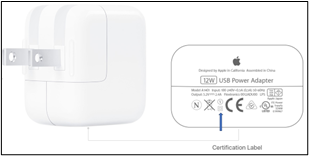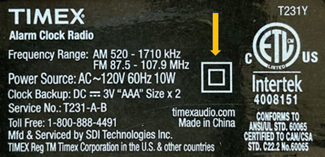- Antibiotic Stewardship (ASP)
- Hand Hygiene
- Sharps Safety
- Sepsis Prevention
- Dialysis Safety
- C. Difficile Infection Prevention
Onboarding isn’t just a checklist of HR paperwork and a quick tour of the building. It’s the first impression new employees get of the organization’s culture, and it can set the tone for whether they stay or leave. Research indicates that 69 percent of employees are more likely to remain with a company for at least three years if they experience a positive onboarding process.
Read the complete article at https://www.providermagazine.com/Articles/Pages/Why-Orientation-and-Ongoing-Training-Matter-for-Reducing-Turnover.aspx
While long term care and senior living organizations may not be able to prevent a data incident, there are many steps an organization can take to prepare.
Read the full article at https://www.providermagazine.com/Articles/Pages/What-You-Can-Do-to-Prepare-for-a-Data-Incident.aspx



The American Health Care Association/National Center for Assisted Living’s Gero Nurse Prep course significantly increases RNs’ gerontological nursing competency test scores. Registrants can save $200 on Gero Nurse Prep through May 15, 2025, with promo code GROWRNS (all caps).
From now until May 12, healthcare workers can save big on sneakers, beauty, food, and more.
For details go to https://www.prevention.com/health/a64691349/national-nurses-week-freebies-discounts-2025/
The American Health Care Association/National Center for Assisted Living’s Gero Nurse Prep course significantly increases RNs’ gerontological nursing competency test scores. Registrants can save $200 on Gero Nurse Prep through May 15, 2025, with promo code GROWRNS (all caps).
The deadline for nursing homes to report health care personnel (HCP) influenza vaccination coverage in the Centers for Disease Control and Prevention’s (CDC’s) National Health Safety Network (NHSN) is fast approaching.